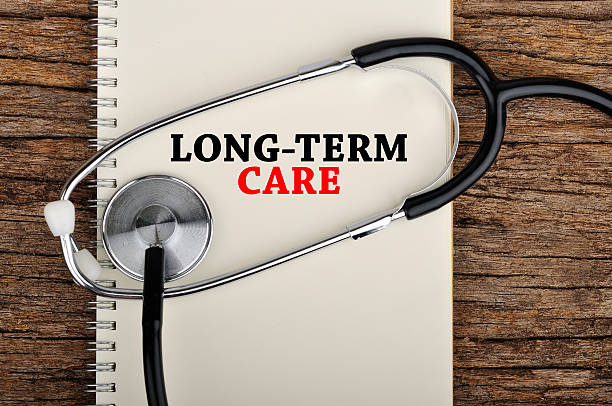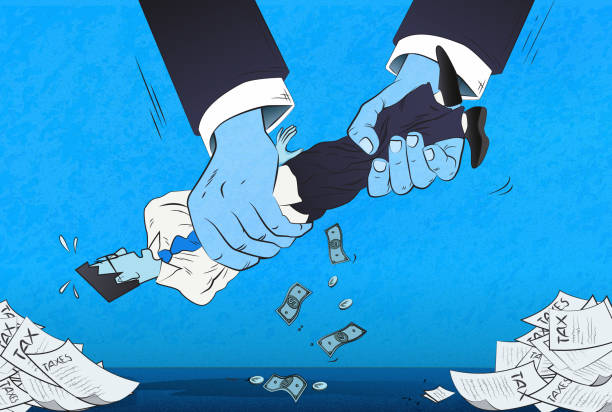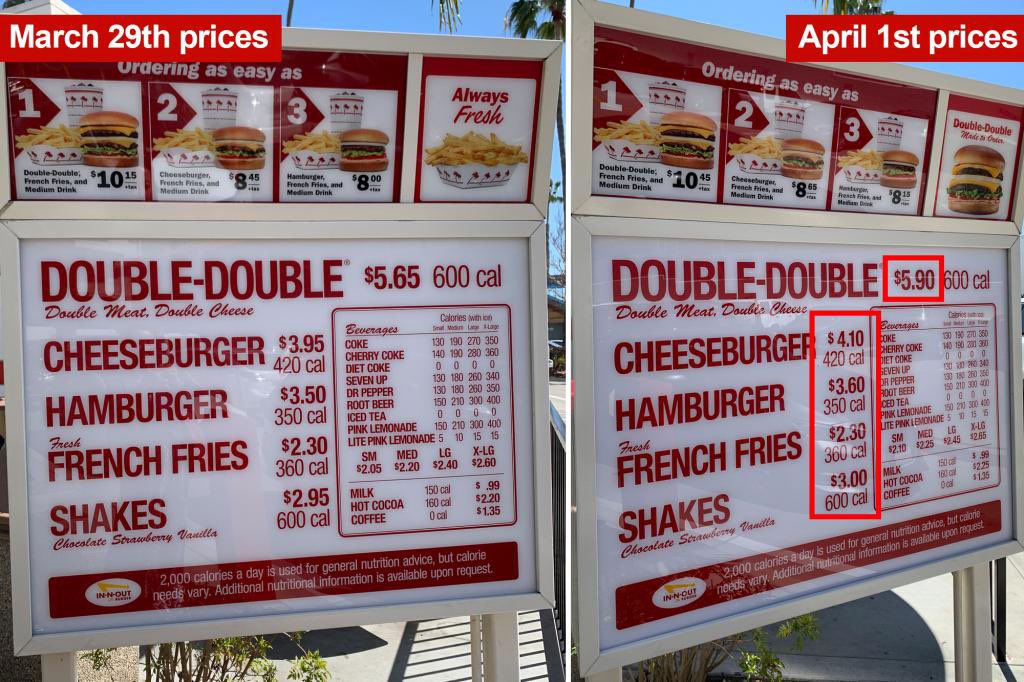Taxes, taxes and more taxes: Businesses would pay more under House Democrat budget
That pretty much sums up the plan by House Democrats to fill up state coffers.
In an lengthy opening statement of intent, the House Democrat bill, HB 2186, waxes poetic that “Washington is a great place to live, work, and raise a family,” but is marred by a tax system that is the “most upside down and regressive in the nation.”
What follow are paragraphs of flowery language explaining the “imbalance” caused by the state’s unfair tax structure which has resulted in the state “losing the ability to fully fund our collective responsibilities.” Keeping Washington a “healthy and prosperous state” and “investing in Washington families” apparently “requires foundational programs be appropriately funded.” Never mind that without any new taxes, the state revenue is projected to increase in 17-19 by $2.6 billion (or 6.8%), to $41.6 billion.
The statement of intent closes with the requisite declaration that the “wealthiest” who have benefitted from “record Wall Street profits” must “contribute their fair share.” As a case study in irony, while House Democrats attack the state’s wealthiest for not pulling their weight when it comes to taxes, the state Department of Commerce brags of the number of millionaires in Washington as a selling point for new businesses to locate here, explaining, “you get to keep more of your hard earned money to expand and grow.” The Dept. also boasts of the state’s lack of an income tax, but we’ll get to the irony of that part in a moment.
Amusingly, the bill stresses that “the legislature does not believe in becoming a high tax state.” After that are 70 plus pages of new and increased taxes.
First on the chopping block is the state’s coveted status as an income tax-free state. Washington’s lack of an income tax is considered such an advantage that it is routinely used by the state as a selling point when encouraging new businesses to locate here.
House Democrats don’t seem to think it’s such an advantage though, and are proposing a new income tax, in the guise of a “capital gains” tax. Of course, as the Tax Foundation explains, a tax on capital gains is an income tax. But as my colleague Jason Mercier notes, House Democrats are hoping to pull a fast one and circumvent the state’s pesky income tax ban by calling the 7% capital gains tax an “excise tax.”
House Democrats can call it whatever they want. Whether they refer to it as a “capital gains” tax or an “excise” tax, it is just semantics, and the reality is businesses know exactly what it really means. It means they will be paying more taxes in Washington state. It also means the state will no longer be able to brag that in Washington, businesses “get to keep more of their hard earned money to expand and grow.”
NFL draft prospect Takk McKinley knows the benefit of a 0% income tax
Next in the Democrat budget proposal is a significant increase in Business & Occupation (B&O) taxes for some businesses and a new B&O exemption for others.
Businesses with revenue of less than $250,000 would be exempt from paying the state’s unfair B&O tax, but businesses with revenue of more than $250,000 would see their tax rate increase by a whopping 20%. On its face, that may seem like a fair tradeoff. After all, $250,000 in revenue sounds like a lot of money, and forcing businesses with that higher revenue to pay more so businesses with less revenue can get relief seems reasonable.
But the B&O tax is a tax on gross receipts, not on profit. Businesses can’t deduct any of their expenses. So while a business’s total revenue may be $250,000, if their profit is just $20,000 (or even no profit), they will pay the 20% higher B&O tax. If you think that sounds unlikely, it isn’t.
A poll reveals that while the public thinks the average business makes a 36% profit margin, the reality is the average profit margin for a business is just 7.5%. For example, in Washington, the average profit margin for restaurants is a measly 4%—so a restaurant owner bringing in $700,000 in annual revenue is earning just $28,000 per year. Under the House Democrat plan, that restaurant owner would pay 20% higher B&O taxes.
Washington is one of the few states in the nation that taxes businesses on gross receipts. A gross receipts tax is notoriously known as being one of the worst ways to tax a business (why explains why only five states have one). And House Democrats think that tax should be even higher.
The bottom line is the state is collecting $2.6 billion more in revenue than anticipated. Why are any new or higher taxes needed? If House Democrats want to “keep Washington a healthy and prosperous state,” this proposed package of tax hikes is not the way to do it. They should be proposing ways to create a more competitive business climate that will encourage businesses to the state, not drive them away with more taxes.







